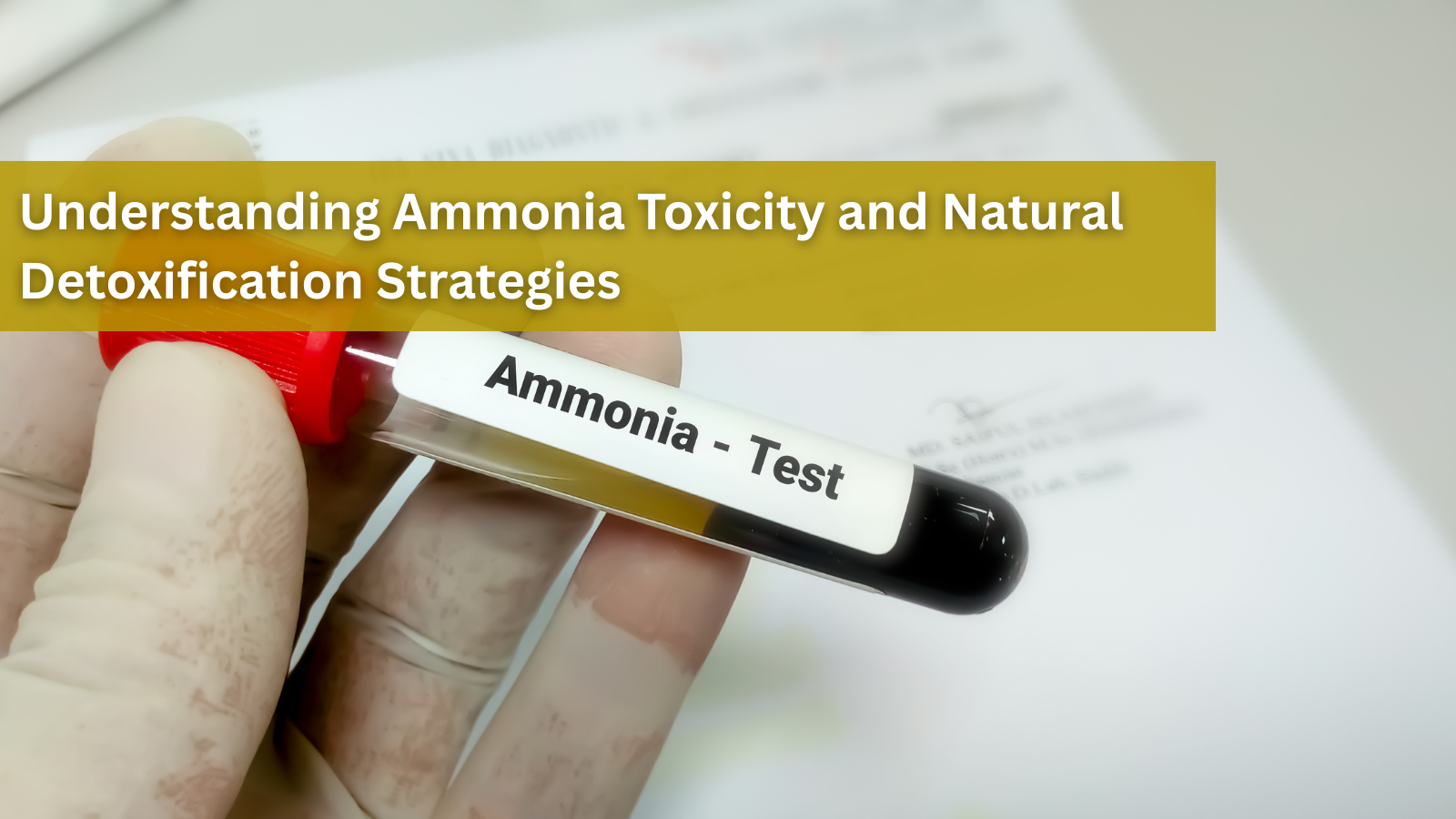Healthy Policy Updates: Recent Developments

Walmart's Clean Food Revolution: Removing Synthetic Dyes from Store Brands
Walmart has announced a groundbreaking initiative to eliminate all synthetic food dyes from its private-label products by January 2027. This massive undertaking will affect thousands of products across the retailer's Great Value, Equate, and other house brands. Instead of artificial colorings like Red 40, Yellow 5, and Blue 1, Walmart will use natural alternatives derived from fruits, vegetables, and spices such as beet juice, turmeric, and spirulina.
This decision represents a significant shift in the American food landscape, as Walmart's market dominance means millions of families will have easier access to products free from highly toxic synthetic additives. Health advocates have long raised concerns about potential links between artificial food dyes and behavioral issues in children, though the science remains debated. Walmart's move puts pressure on other major retailers and food manufacturers to follow suit.
Read the full article: Walmart's Commitment to Natural Food Coloring
Historic Prescription Drug Price Agreement: 85% Cost Reduction
In a landmark development, President Trump and Pfizer have reached an agreement that will dramatically reduce prescription drug costs for Medicaid recipients. Starting in 2026, most Pfizer medications covered by Medicaid will be priced at rates comparable to those paid in other developed nations—representing an estimated 85% reduction from current U.S. prices.
The agreement includes several key components: the launch of the Trump Rx website offering lower-cost prescriptions directly to consumers, a commitment from Pfizer to invest $70 billion in U.S.-based research and development, and a strong enforcement mechanism. Pharmaceutical companies that don't comply with the new pricing structure will face 100% import tariffs on their products.
This deal addresses one of the most persistent healthcare inequities in America, where patients often pay many times more for the same medications than people in Canada, the UK, or other developed nations. If successful, this framework could be extended to other pharmaceutical manufacturers.
Read the full article: Breaking Down the Trump-Pfizer Drug Pricing Deal
Presidential Endorsement: Hemp-Derived CBD for Senior Health
President Trump posted a video on social media that quickly went viral, discussing the potential health benefits of hemp-derived CBD (cannabidiol) for older Americans. The video highlighted CBD's possible applications in managing age-related health decline, alleviating chronic pain, improving sleep quality, and enhancing overall quality of life for seniors.
This public endorsement from the President represents a significant shift in federal positioning on cannabis-derived products. While CBD from hemp (containing less than 0.3% THC) has been legal since the 2018 Farm Bill, its medical applications have remained controversial at the federal level. Political analysts interpret this move as a potential signal toward broader federal medical cannabis decriminalization.
The video sparked widespread discussion about expanding research into cannabinoids for medical purposes and reducing regulatory barriers that have historically limited scientific study of these compounds. Senior advocacy groups have expressed support for increased access to alternative pain management options.
Read the full article: President Trump's CBD Endorsement and What It Means
$45 Million Investment in Youth Recovery Housing
The Department of Health and Human Services (HHS) announced a $45 million grant program to support recovery housing specifically designed for young adults struggling with addiction. This funding follows President Trump's recent executive order focused on reducing crime and disorder, with addiction treatment identified as a key component.
Secretary Robert F. Kennedy Jr. emphasized that this investment will strengthen comprehensive addiction programs by providing stable, supportive living environments essential for long-term recovery. Young adults face unique challenges in addiction recovery, including unstable housing, limited support networks, and difficulty accessing age-appropriate treatment resources.
The grants will fund recovery residences that offer peer support, life skills training, employment assistance, and connection to ongoing clinical care. Research consistently shows that stable housing is one of the most critical factors in successful recovery, yet it remains one of the most difficult resources for young people to access.
Read the full article: New Federal Funding for Youth Addiction Recovery Housing
Kennedy Challenges Vaccine-Only Narrative on Disease Decline
Secretary of Health and Human Services Robert F. Kennedy Jr. presented a controversial argument that vaccines were not the primary driver of infectious disease decline in the 20th century. Citing historical epidemiological data and multiple studies, Kennedy attributed the dramatic reductions in infectious disease mortality primarily to improvements in nutrition, sanitation infrastructure, refrigeration technology, and hygiene practices.
Kennedy pointed to graphs showing that mortality rates for many infectious diseases, including measles, whooping cough, and scarlet fever, had declined by 90% or more before widespread vaccination programs were implemented. He argued that better living conditions, access to clean water, sewage treatment, and adequate nutrition strengthened immune systems and reduced disease transmission.
This position has generated significant debate within the public health community. While Kennedy's historical data points are documented, mainstream epidemiologists maintain that vaccines played a crucial role in eliminating disease transmission, even if mortality had already declined. The discussion highlights ongoing tensions about how to interpret public health history and allocate current resources.
Read the full article: The Great Debate: What Really Defeated Infectious Diseases?
U.S. Denounces WHO's Pan American Health Organization
HHS Deputy Secretary James O'Neill delivered sharp criticism of the World Health Organization's regional body, the Pan American Health Organization (PAHO), accusing it of corruption, lack of transparency, and human rights violations. O'Neill specifically condemned PAHO's involvement in the Mais Médicos program, which he characterized as exploiting medical workers through forced labor arrangements.
The Mais Médicos program, initially created to address physician shortages in underserved areas of Brazil, has been controversial due to its use of Cuban doctors working under contracts that critics say constitute modern indentured servitude. O'Neill argued that PAHO's participation in and endorsement of this program violates fundamental labor rights and medical ethics.
This rebuke represents a significant escalation in the current administration's confrontation with international health organizations. It signals a rejection of what O'Neill termed "global medical tyranny"—international health governance structures that he argues prioritize political agendas over transparency and individual rights. The statement raises questions about future U.S. participation in and funding for WHO regional bodies.
Read the full article: U.S.-WHO Tensions Escalate Over PAHO Corruption Claims
Doubling Down on Childhood Cancer: $100 Million AI Research Initiative
President Trump signed an executive order doubling federal funding for the Childhood Cancer Data Initiative, bringing total funding to $100 million. The initiative will leverage artificial intelligence and machine learning to accelerate the discovery of new treatments and potential cures for pediatric cancers.
Childhood cancers present unique challenges compared to adult cancers—they're relatively rare, which makes large-scale clinical trials difficult, and they often behave very differently than similar cancers in adults. The new funding will support the creation of comprehensive databases collecting genomic, clinical, and outcome data from pediatric cancer patients across the country.
AI algorithms will analyze this data to identify patterns, predict treatment responses, and discover new therapeutic targets. The initiative aims to personalize treatment approaches, reduce the severe side effects often associated with pediatric cancer therapy, and improve survival rates. Childhood cancer advocates have praised this investment as potentially transformative for a field that has historically received less research funding than adult cancers.
Read the full article: How AI Could Transform Childhood Cancer Treatment
HHS Rejects Health AI Coalition as "Innovation-Blocking Cartel"
HHS Deputy Secretary James O'Neill announced that the administration will not participate in the Coalition for Health AI, calling the organization a "cartel" that could stifle innovation from smaller companies and startups through overly restrictive regulations. The Coalition for Health AI was formed by major healthcare organizations and tech companies to develop standards and guidelines for artificial intelligence applications in healthcare.
O'Neill argued that while the coalition presents itself as promoting responsible AI development, it actually serves the interests of large, established companies by creating regulatory barriers that smaller competitors cannot afford to navigate. He suggested this structure would consolidate market power among a few major players while blocking innovative approaches from emerging companies.
The rejection reflects the administration's broader philosophy of reducing regulatory barriers to accelerate innovation, even in sensitive areas like healthcare AI. Critics of this position warn that without coordinated standards and oversight, healthcare AI could develop in ways that compromise patient safety, privacy, or equity. Supporters counter that decentralized innovation will produce better solutions faster than committee-designed frameworks.
Read the full article: The Great AI Debate: Regulation vs. Innovation in Healthcare

October 09, 2025
Understanding Ammonia Toxicity and Natural Detoxification Strategies
Ammonia is a toxic compound that most people associate with household cleaning products, yet few realize that their own bodies produce this potentially harmful substance every single day. When the body's natural detoxification systems ...
Read more
October 09, 2025
Strength Has No Age Limit: How Women Over 60 Are Rewriting the Rules of Aging
For decades, the narrative around aging for women has been synonymous with slowing down, taking it easy, and avoiding anything too strenuous. We've been told to "age gracefully"—a phrase that often translates to becoming smaller, quiete...
Read more
October 09, 2025
Cataracts-Linked Medications and Nutrients for Eye Health
You’ve probably been told that cataracts can’t be reversed naturally and that surgery is your only option...
Read more




Leave a comment